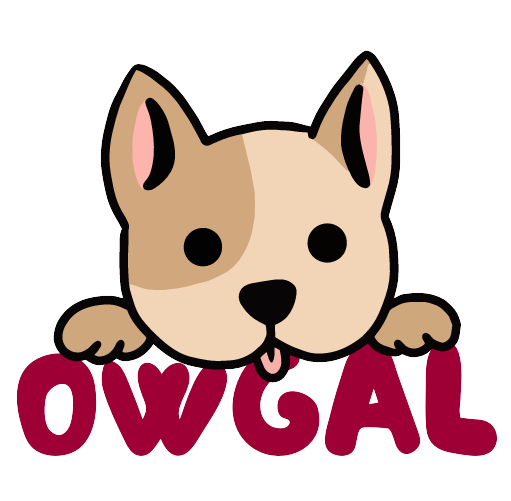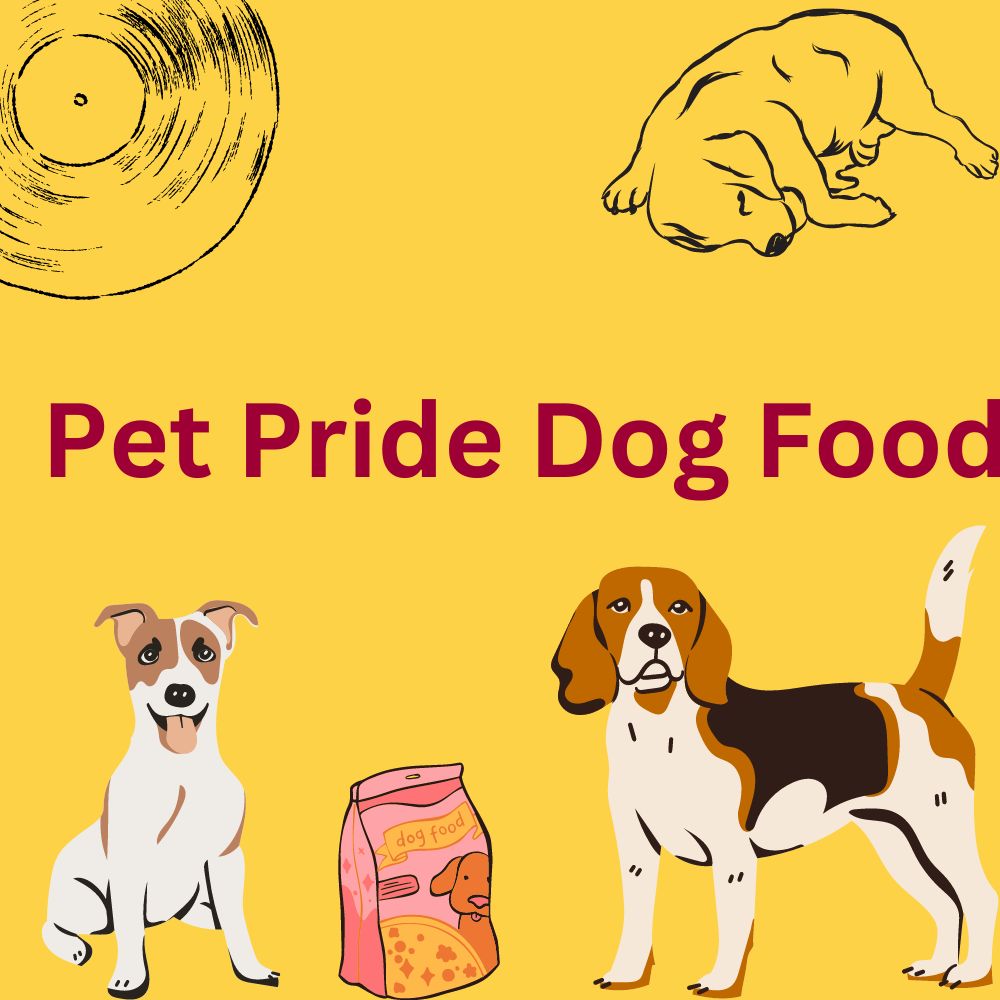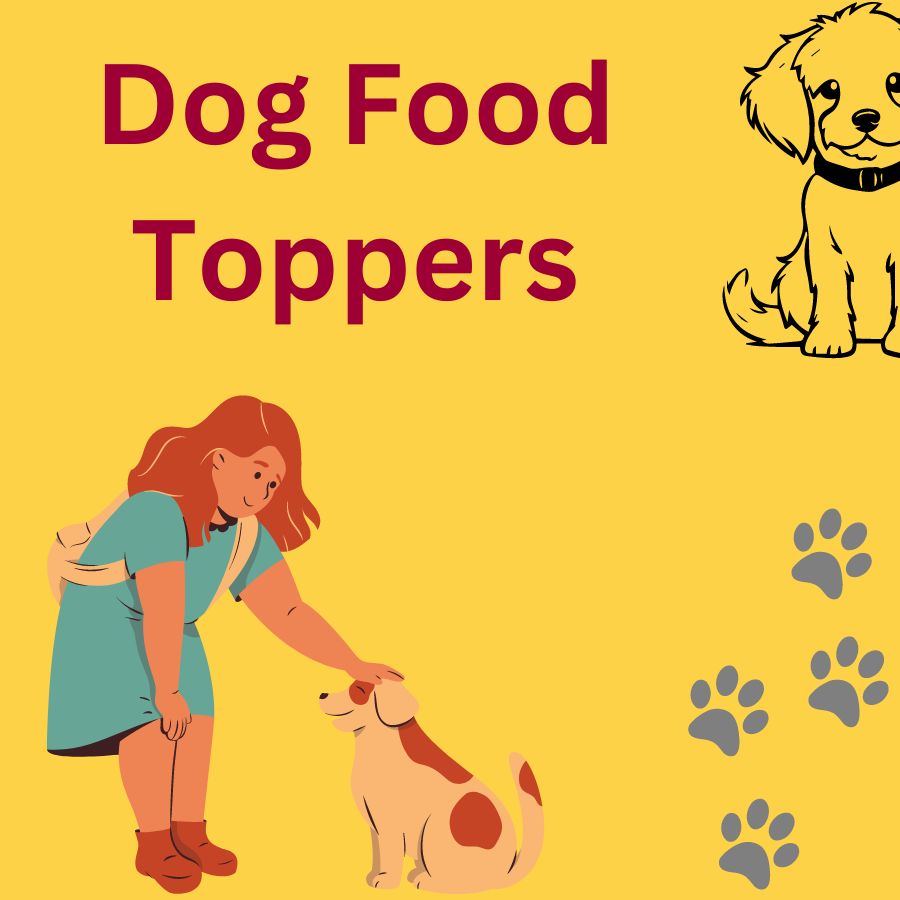best dog food. German shepherds are renowned for their athleticism, loyalty, and intelligence. Owning a German Shepherd means that you want to provide your pet with the finest care possible, which includes feeding them well. A German shepherd must have a balanced diet in order to be well.
In this post, we’ll cover all you need to know about the ideal diet for the best dog food for German shepherds, including suggested foods and feeding schedules.
Feeding a German Shepherd
Feeding your German shepherd is an important aspect of being a responsible pet owner. Proper nutrition is crucial for maintaining their overall health, energy levels, and longevity. In this section, we’ll discuss the best dog food options for German shepherds and how to create a feeding schedule that works for you and your furry friend.
Why do German Shepherds Need Different Food?
Due to their distinct physiology, the best diet for German shepherds requires a particular diet. They require a diet that offers them enough proteins and lipids to support muscle building because they are energetic, active dogs.
In addition, 1-year-old German shepherds are more likely to experience digestive disorders, food allergies, and hip and elbow dysplasia. A healthy diet can help ward off certain problems or lessen their effects.
Can German Shepherds Eat Regular Dog Food?
Not every German shepherd will benefit from eating normal dog food. A premium diet that is customized to meet their unique nutritional requirements is required. If your German shepherd eats regular dog food, he might not get enough protein and good fats.
In addition, several common dog meals could include substances that cause allergies or upset German shepherds’ digestive systems. The choice of a premium diet designed especially for German shepherds is significant.
How Much is a German Shepherd Dog in the USA?
The average cost of a German shepherd can vary depending on factors such as breeder reputation, pedigree, and location. On average, you can expect to pay between $500 and $1500 for a German shepherd in the USA. This cost can go up significantly if you opt for a show-quality or champion bloodline German shepherd.
It is important to budget for the cost of your dog’s food, as well as any potential medical expenses. Choosing the right diet for your German Shepherd can help prevent health issues and save you money in the long run.
How Much should a German Shepherd Eat?
The right amount of food for your German shepherd will vary depending on their age, weight, activity level, and general health. Adult German shepherds’ feeding chart should typically eat two meals a day, totalling one to two and a half to three cups of premium dry dog food.
While older dogs can need less food, puppies and female shepherds feeding chart should typically eat two meals a day, considering that they are pregnant or nursing and might need more. To find out how much food is appropriate for your German shepherd, it is imperative that you speak with your veterinarian.
FAQs About German Shepherd Nutrition
Which Food is Best for German Shepherds?
The best food for German shepherds is a high-quality diet that offers balanced nutrition and meets their specific needs. Look for dog food with high-quality protein sources, healthy fats, and essential vitamins and minerals. Dog food brands specifically formulated for German shepherds are a great option.
Are There Any Foods to Avoid Feeding My German Shepherd?
Yes, there are some foods that should be avoided when feeding your German shepherd. These include chocolate, garlic and onions, grapes and raisins, and avocado. Additionally, it is important to avoid giving your dog table scraps and fatty foods.
What if My German Shepherd Has Food Allergies?
If your German shepherd has food allergies, it is important to work with your veterinarian to identify the specific allergen. Once identified, you can choose a dog food that does not contain the allergen and meets your dog’s nutritional needs. It may take some trial and error to find the right food for your dog, but it is worth it for their overall health and well-being.
Are There German Shepherds in America?
Yes, German shepherds are a popular breed in America and can be found in many homes as companion pets, working dogs, or show dogs. They are a versatile and intelligent breed that is highly valued for their loyalty and protective nature.
Do German Shepherds Need Supplements?
Some German shepherds may benefit from supplements, such as joint support for dogs with hip or elbow dysplasia. However, it is important to consult with your veterinarian before adding any supplements to your dog’s diet, as they may not be necessary and could potentially do more harm than good.
The Best Dog Food For German Shepherds
Normal dog food isn’t always beneficial for German shepherds. They need a high-quality diet that is tailored to their specific nutritional needs. Regular dog food may not provide your German shepherd with adequate protein and healthy fats.
Furthermore, a number of popular dog diets may contain ingredients that irritate German shepherds’ digestive tracts or create allergies. Selecting a premium diet that is tailored specifically for German shepherds is an important decision.
Can I Feed My German Shepherd Once a Day?
It is not recommended to feed your German shepherd only once a day. It is best to divide their daily food intake into two meals to prevent digestive issues and maintain a stable energy level. Additionally, leaving food out all day for your dog to graze on can lead to overeating and weight gain.
How Much is 1 Cup of Dog Food?
One cup of dog food can vary in weight depending on the type and brand. Generally, one cup of dry dog food weighs around 4-5 ounces. It is important to follow the feeding guide on your dog’s food packaging and adjust it according to your German shepherd’s specific needs.
What Not to Feed a German Shepherd?
Some foods that are toxic to dogs include chocolate, grapes, raisins, onions, garlic, and certain nuts. It is best to avoid feeding your German shepherd these foods. Additionally, avoid feeding your dog table scraps or human food, as it can cause digestive issues.
What is the Best Dog Food for German Shepherd Puppies?
German shepherd puppies require a higher protein and fat content in their diet to support their growth and development. Look for dog food specifically formulated for large breed puppies, as these will often have the appropriate balance of nutrients for your growing German shepherd puppy. It is also important to follow the feeding guidelines provided by the manufacturer and consult with your veterinarian for any additional recommendations.
Can German Shepherds Drink Milk?
While milk may not be toxic to dogs, many adult dogs are lactose intolerant and may experience digestive issues if they consume too much dairy. It is best to stick to water for your German shepherd’s hydration needs. If you are looking for a special treat, there are dog-safe milk substitutes available on the market.
Is Onion Good for German Shepherds?
No, onions are toxic to dogs and should not be fed to your German shepherd. They contain a compound that can damage their red blood cells and cause severe anemia. Symptoms of onion toxicity in dogs include vomiting, diarrhea, lethargy, and difficulty breathing. If you suspect your dog has consumed onions, it is important to seek veterinary care immediately.
Can I Give My German Shepherd Boiled Chicken?
Yes, boiled chicken is a good source of lean protein for your German shepherd. However, it should not be the only source of food in their diet and should be fed in moderation. It is best to consult with your veterinarian before making any changes to your dog’s diet.
What is the Ideal Feeding Schedule for a German Shepherd?
The ideal feeding schedule for a German shepherd will vary based on age, activity level, and any health conditions. It is generally recommended to feed adult dogs twice a day, while puppies may require more frequent meals. Consult with your veterinarian to determine the best feeding schedule for your specific dog.
Conclusion
A proper diet is crucial for the overall health and well-being of your German shepherd. It is essential to choose high-quality dog food specifically made for this breed and consult with your veterinarian for any specific dietary needs or concerns. Remember always to read labels and avoid feeding your German shepherd any toxic or potentially harmful foods. With proper nutrition, your German shepherd can live a long and healthy life by your side. So, do your research, consult with professionals, and provide the best dog food for your loyal companion. Happy feeding!
Besides a nutritious diet, it is also important to provide your German shepherd with regular exercise, mental stimulation, and plenty of love and attention. Together, these elements will ensure that your furry friend lives a happy and fulfilling life as part of your family. So, invest in the best dog food for German shepherds and give them the care they deserve! Happy feeding!
Remember to always consult with your veterinarian before making any significant changes to your German shepherd’s diet. They can provide you with specific recommendations and help you create a well-balanced meal plan for your furry friend. With proper nutrition, your German shepherd will thrive and be by your side for many years to come. Happy feeding!




